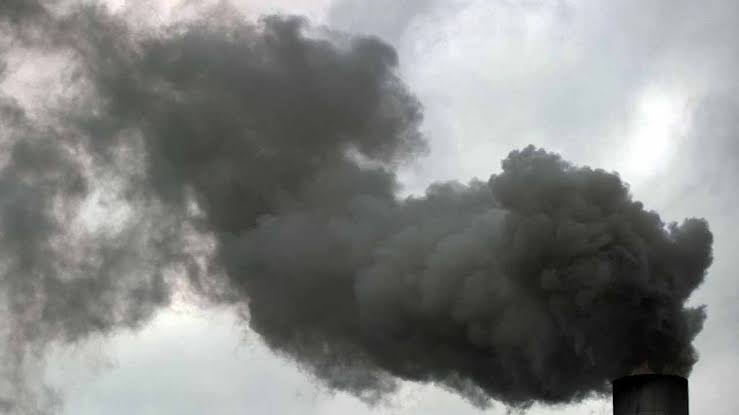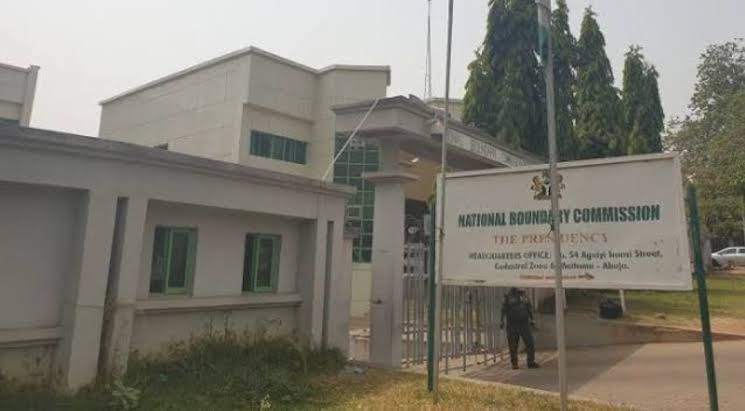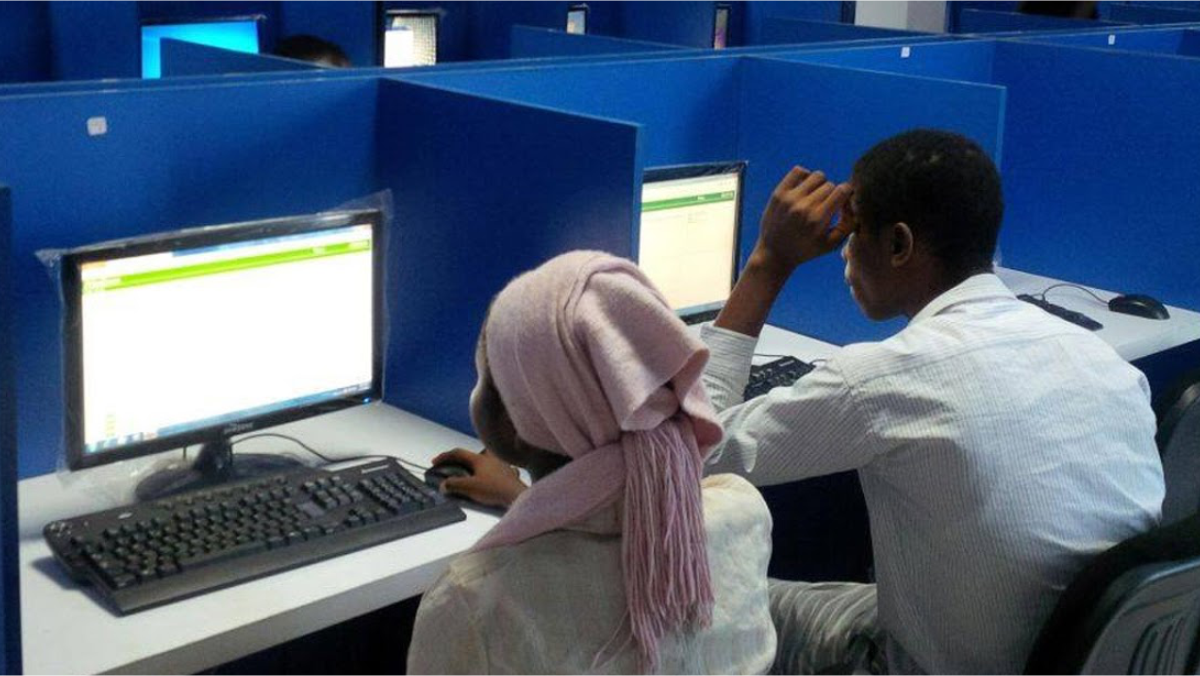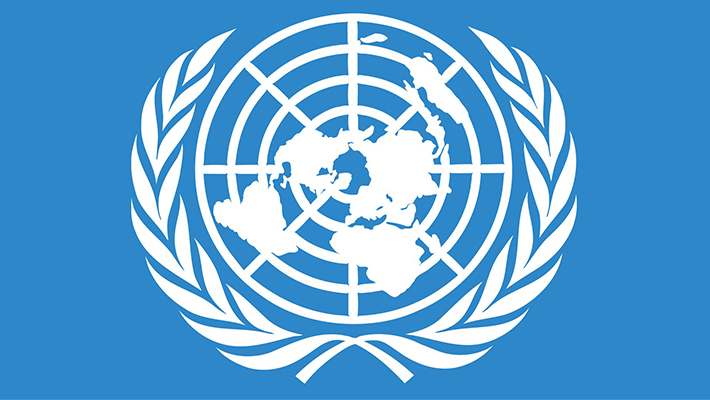Expert says FG needs sensible policies for 50% emission reduction by 2050

Chukwumerije Okereke, an expert with the Deep Decarbonisation Pathways (DDP) project, says Nigeria requires clear, quantifiable policies to achieve 50 per cent emission reduction by 2050.
Mr Okereke said this on the sidelines of a webinar on Nigeria’s Long–Term Low Emission Development Strategy (LT-LEDS).
The theme of the webinar was ‘Understanding Nigeria’s Long-Term Vision 2050 (LTV 2050) and the Elaboration of the Long-Term Low Emissions Development Strategy (LT-LEDS).
Mr Okereke explained that the LT-LEDS were strategies used by countries all over the world to plan how they can achieve economic development, thereby reducing emissions across all sectors of the economy.
According to him, the Nationally Determined Contributions (NDC) talks about emission reduction up to 2030.
“Generally, the LT-LEDS thinks about emission reduction up on to 2050. The Nigerian Government wanted to do an LT-LEDS, but because they did not have the modelling tools and capabilities and because of the brevity of time, decided to do a Long Term Vision (LTV),” he stressed.
Mr Okereke added, “The LTV describes the future whereby 2050/2060, Nigeria will be a circular economy, well developed and will have a robust climate resilience systems, where emissions will be very low, down by 50 per cent.”
He added that the LE-LEDS provided a clearly defined, quantifiable, measurable, analytically robust and rigorous pathway through which the LTV could be achieved in 2050.
Speaking on ways to key into the vision of the LTV, Mr Okereke noted that climate change affects everyone, and people could play a part in all sorts of different ways.
“If you recycle waste, if you reuse, if you plant trees, if you use solar panels, if you walk instead of driving; all of these things are ways of minimising the generation of emissions by individuals,” he stressed. “If you switch off your generators when you don’t need them, practise organic farming; they all reduce wastes and emissions, so these are the things that individuals can do.”
(NAN)
We have recently deactivated our website's comment provider in favour of other channels of distribution and commentary. We encourage you to join the conversation on our stories via our Facebook, Twitter and other social media pages.
More from Peoples Gazette

Politics
Katsina youths pledge to deliver over 2 million votes to Atiku
“Katsina State is Atiku’s political base because it is his second home.”

NationWide
Commission proposes joint technical committee to end Kebbi, Niger boundary dispute
“There is equally the need for a physical fieldwork to trace the boundary in accordance with relevant documents.’’

Education
Foundation trains 50 Kano UTME candidates in computer-based test
Mr Abdulwahab said that the initiative was aimed at equipping the participants with the necessary computer skills.

NationWide
Ministry partners Cisco, others to boost digital economy
The minister noted the increased attention on AI across the world and growth in investments in technology in Nigeria.

Politics
171,922 APC members to choose Ondo governorship candidate among Aiyedatiwa, Oke, Ibrahim, 13 others today
Mr Omo-Agege assured of the committee’s resolve to strictly follow the party’s guidelines and constitution.

Showbiz
Nigerian chess master, Tunde Onakoya, breaks GWR’s longest chess marathon
A charity group on Thursday said Mr Onakoya experienced intense vomiting and stomach pain.

World
800,000 people in Sudan city in ‘extreme, immediate danger’: UN
DiCarlo said fighting in El Fasher could unleash bloody inter-communal strife throughout Darfur.








